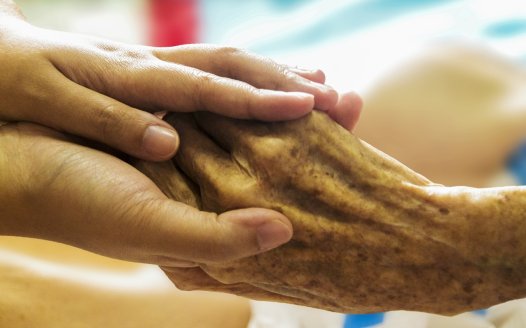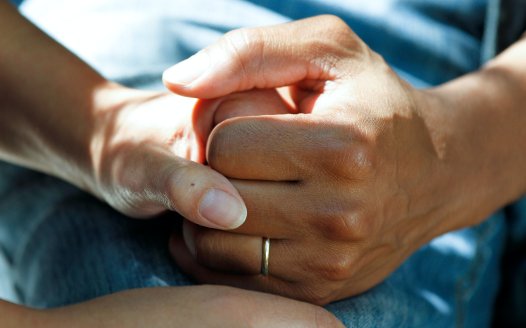Secularism and the assisted dying debate
Posted: Fri, 13th Jan 2012
The recent report on assisted dying by the Falconer Commission has caused a strong division between supporters and opponents. Research has found that the majority of the British public support assisted dying for the terminally ill.
The debate is far from over and there are genuine evidence-based concerns that need to be addressed. The main concern of the NSS is that religious voices are given undue weight in the debate. We contend that any policy or legal decisions should be determined by evidence and law rather than religious dogma.
NSS Honorary Associate Dr Evan Harris commented "People should be able to decide for themselves how they die rather than having to suffer because someone else with more religious views says that their life is sacred".
When the subject is raised, either in Parliament or in the media, some religious groups object, using a mixture of religious beliefs and scare tactics. When the House of Lords debated Lord Joffe's Assisted Dying for the Terminally Ill Bill in May 2006, 14 members of the Anglican Bench of Bishops voted to block further discussion and the Chief Rabbi and the Roman Catholic Church also opposed the Bill.
In 2011, the Commission on Assisted Dying led by Lord Falconer was launched to investigate the circumstances under which it should be possible for people to be assisted to die, to recommend what system, if any, should exist to allow this, to identify who should be entitled use the system, to determine what safeguards should be put in place to ensure that vulnerable people are neither abused nor pressured to choose an assisted death and to recommend what changes in the law, if any, should be introduced . This Commission was partly funded by NSS Honorary Associate Sir Terry Pratchett and set up by Dignity in Dying.
The Commission's report was that there is a strong case for allowing assisted suicide within a strict set of guidelines for people who are terminally ill in England and Wales.
The report said that assisted suicide should be allowed if a person was over 18, terminally ill and judged as having less than 12 months to live, making a voluntary choice and not impaired mentally. They would also need to be independently assessed by two doctors and would have to take the medicine themselves. Euthanasia - where another person administers the substance - should not be allowed. The report also said that end-of-life care needed to be improved to ensure people were not pushed into the decision because of inadequate access to care.
The Commission received evidence from over 1300 sources but was attacked for being flawed and biased. Objections included the fact that many doctors do not support it, that there was a bias in the selection of members of the commission, that there are not adequate safeguards and various moral or ethical objections, both religious and otherwise.
Physician assisted dying is currently illegal in the UK although it is legal in Belgium, Luxemburg, the Netherlands and Oregon and Washington states, and decriminalized in Switzerland. Assisting a suicide is illegal under the 1961 Suicide Act, but the director of public prosecutions laid out guidance covering what factors would be taken into consideration when deciding whether to prosecute a person who had helped someone to die.







